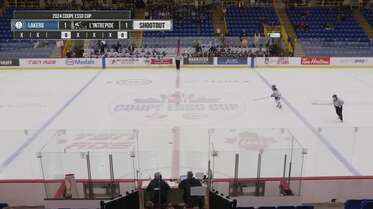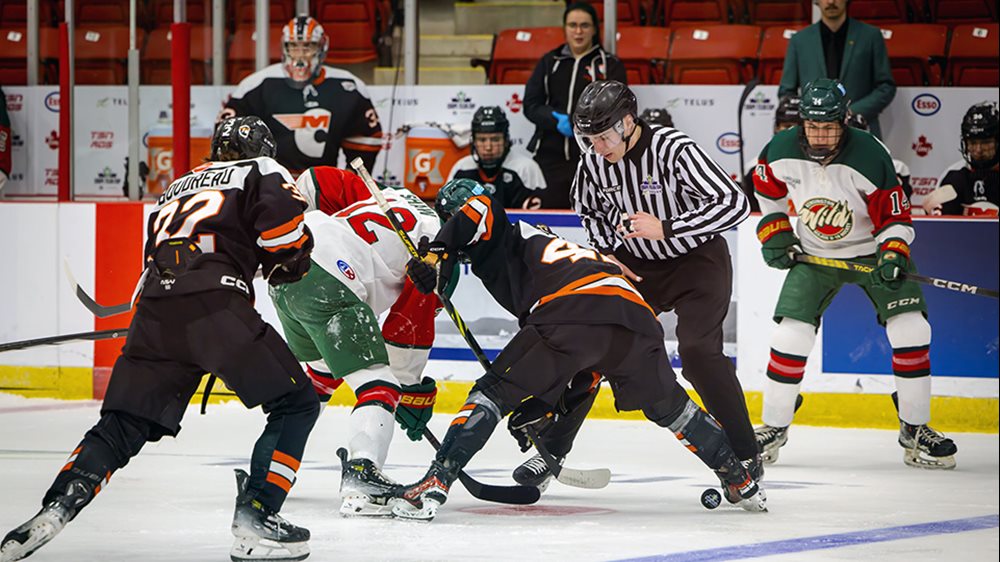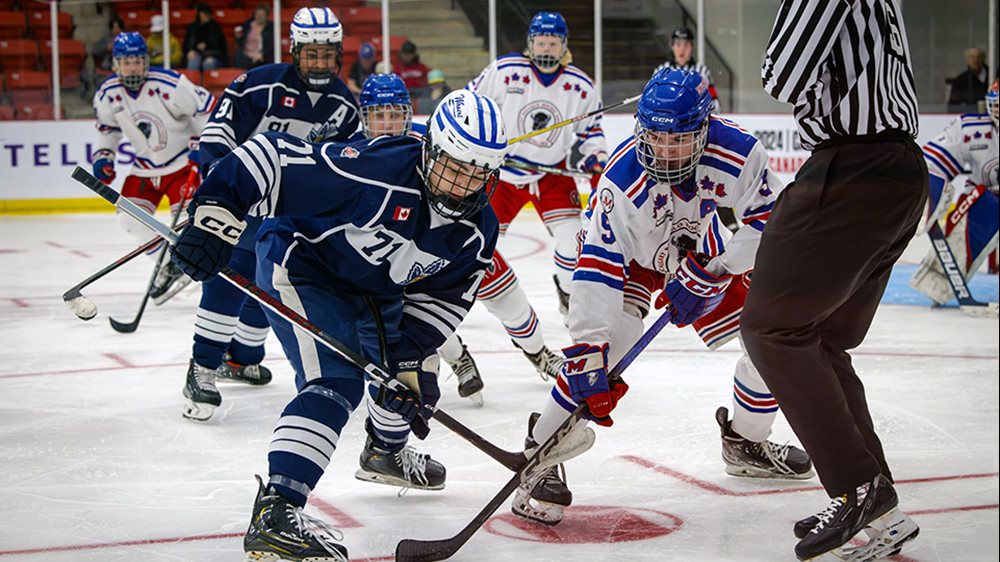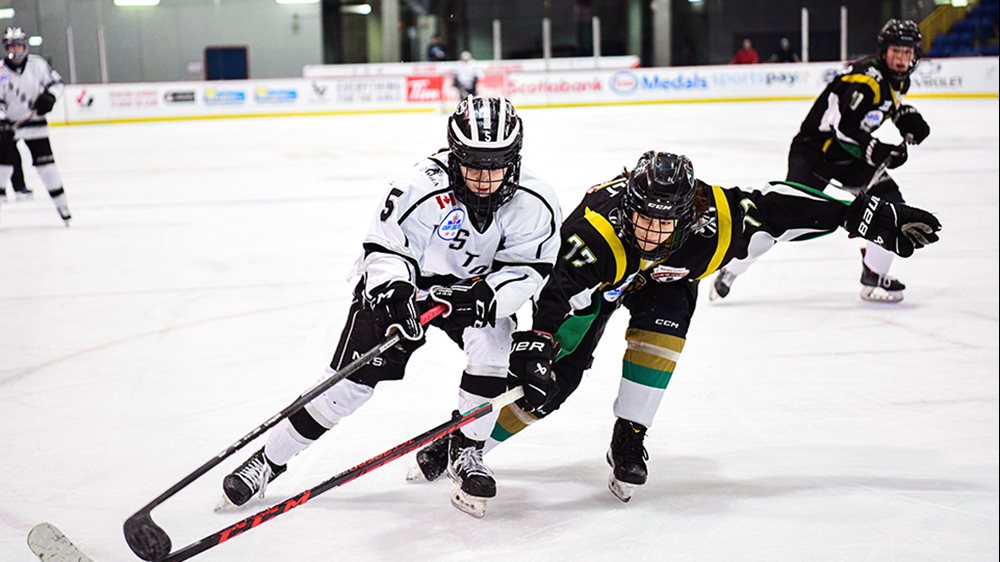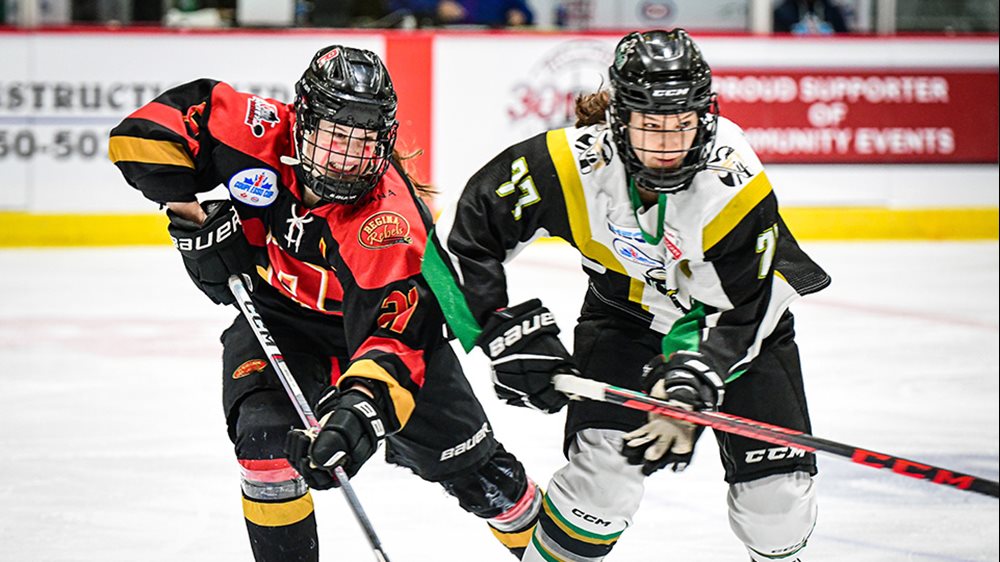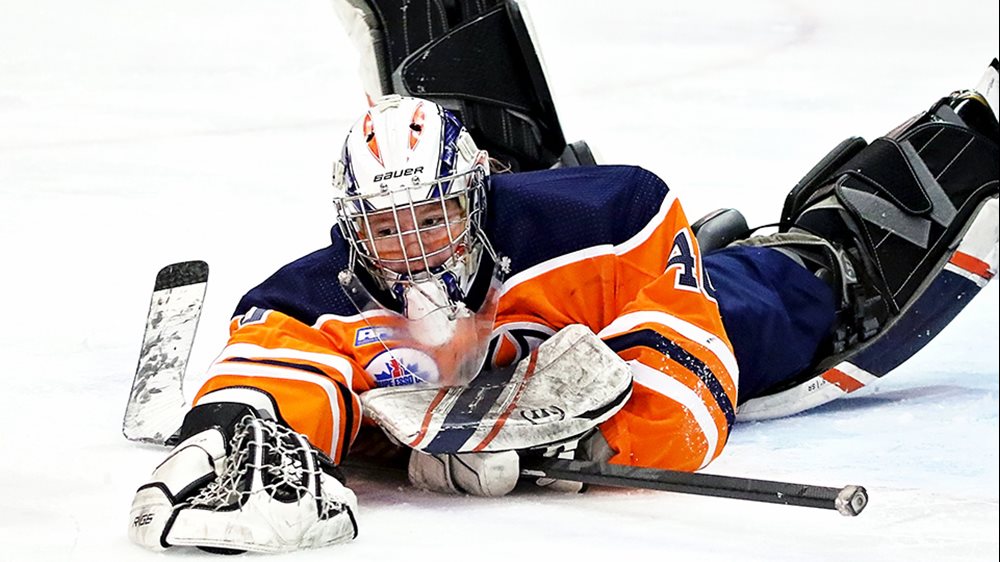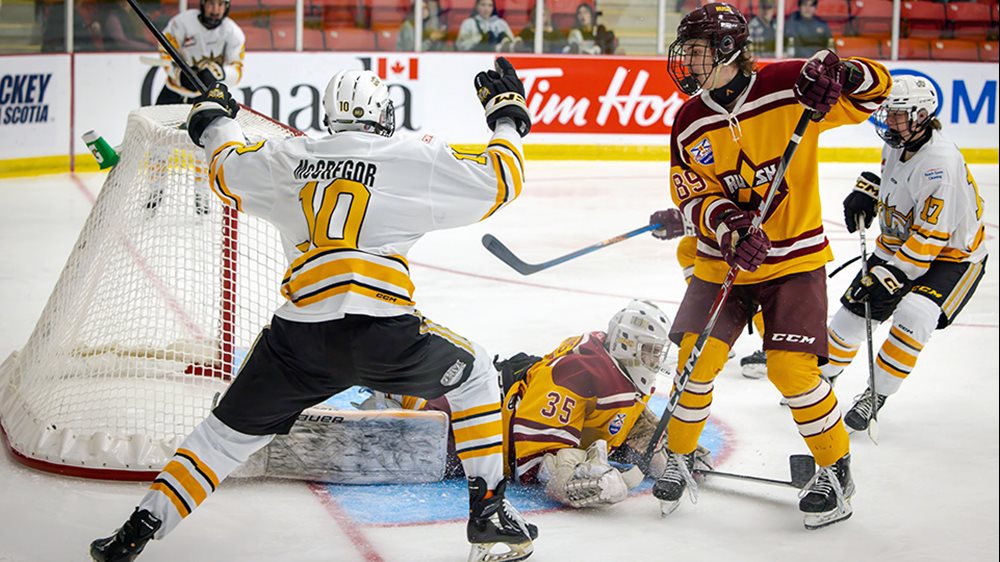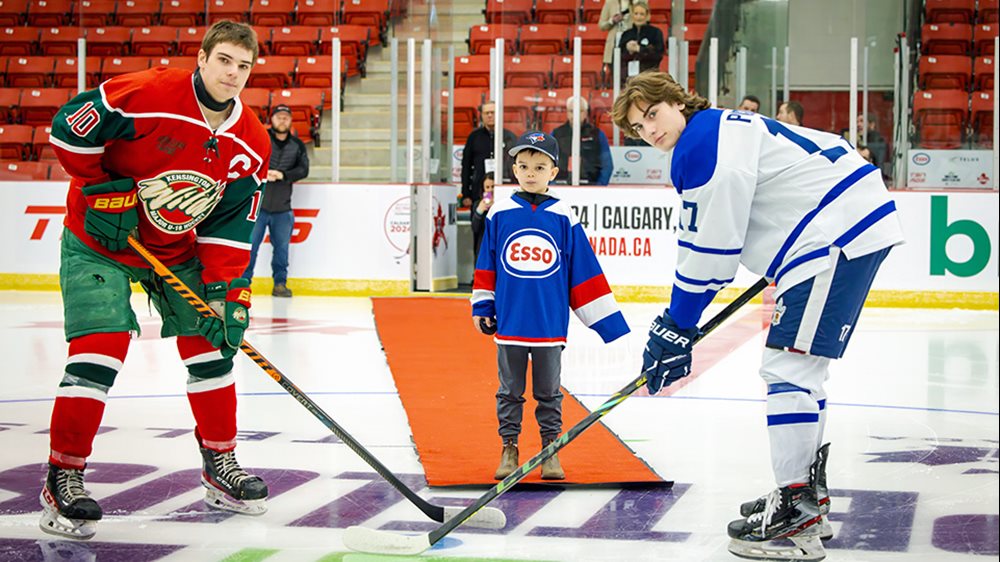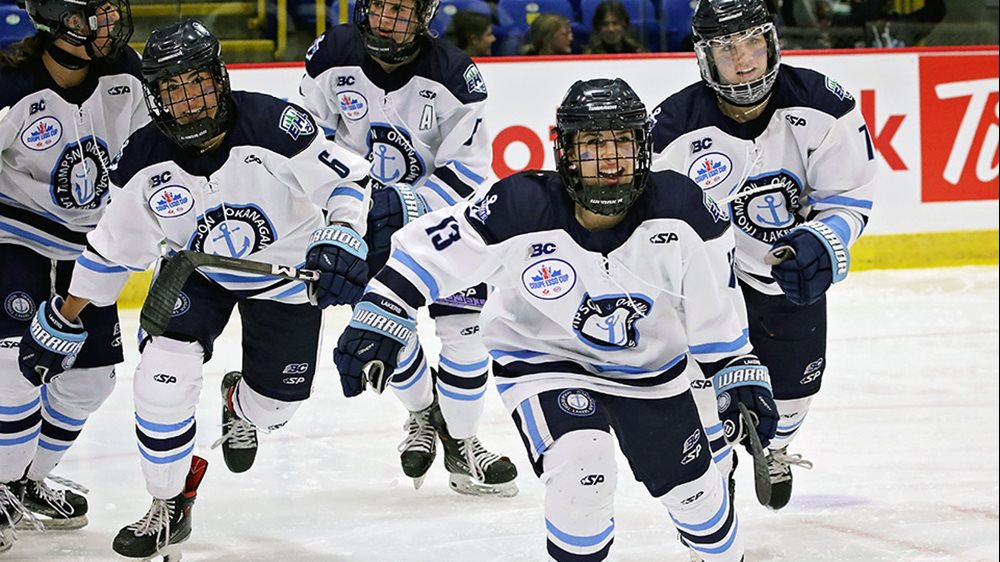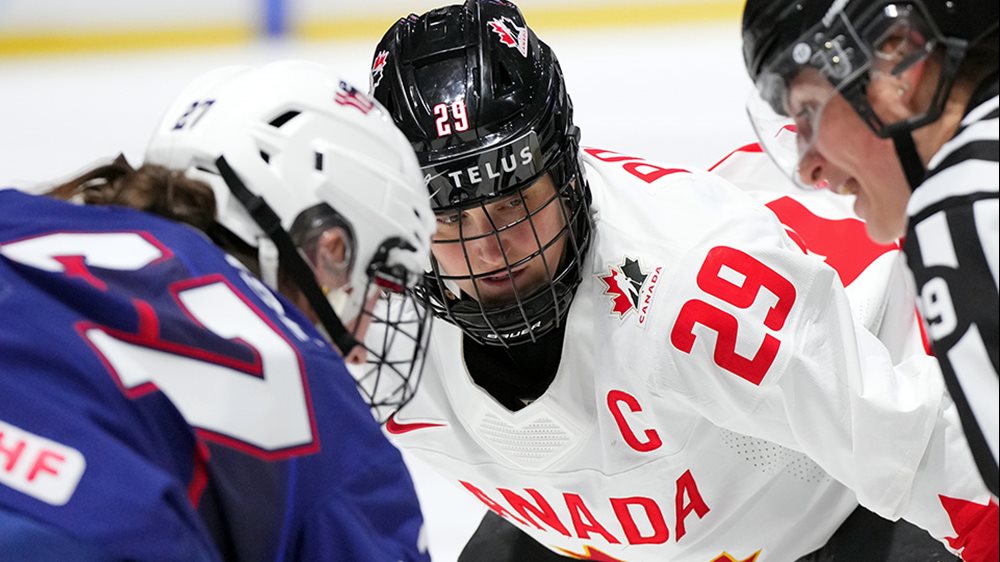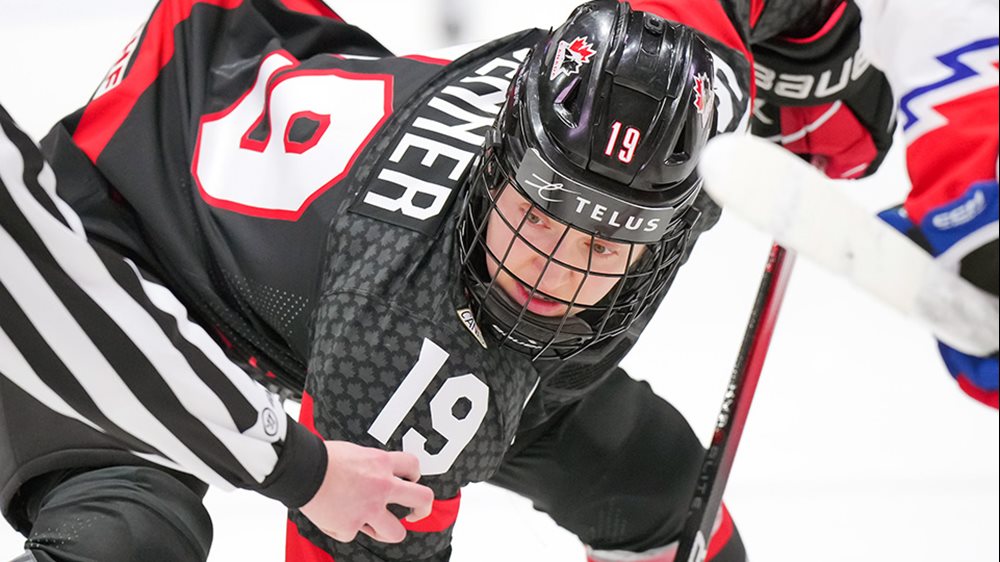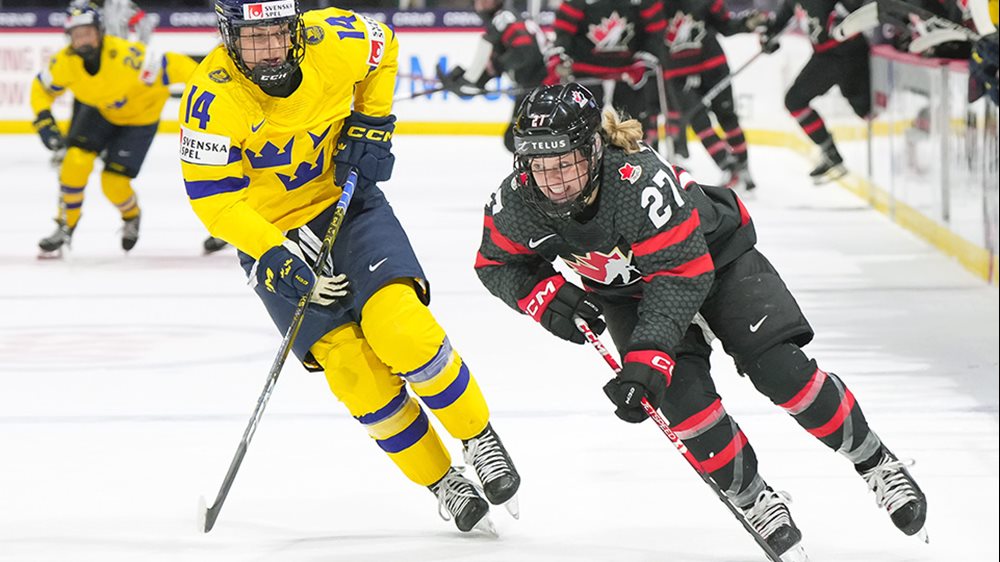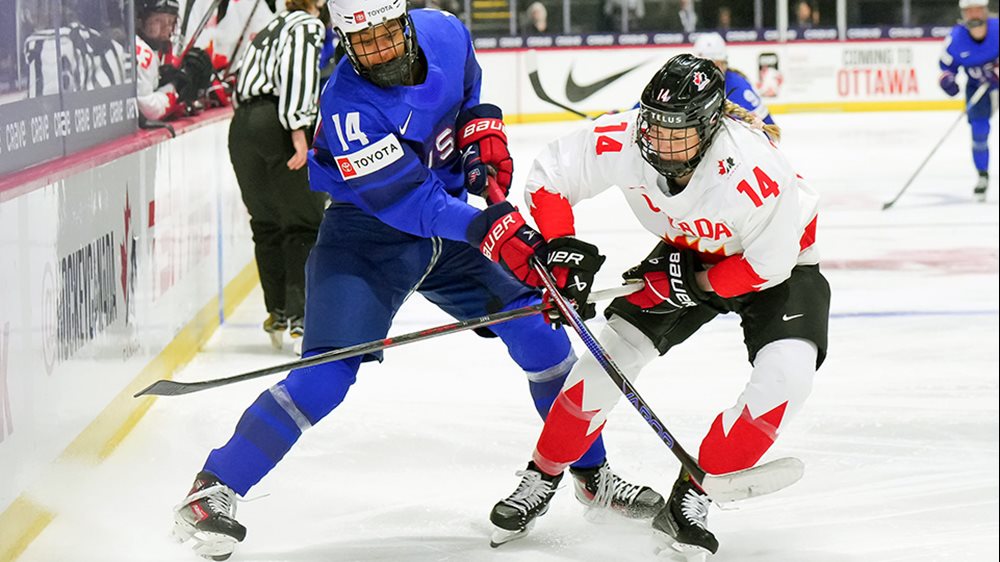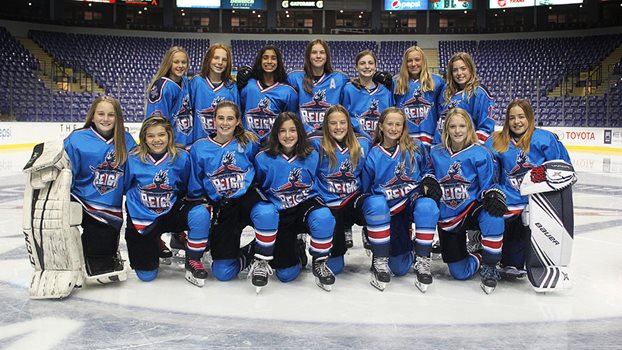
A new Victorian reign
A desire to grow female hockey in Greater Victoria spurred the creation of the Capital Region Female Minor Hockey Association
Growth, prosperity and longevity are three common descriptors printed in historical archives about Queen Victoria’s reign of 63 years and 226 days in Great Britain from 1837 to 1901.
The Capital Region Female Minor Hockey Association (CRFMHA) – the first all-girls minor hockey organization in the Greater Victoria region – is seeking steady evolution and development as it embarks upon its inaugural campaign. In that respect, it fits that the association stylized its 13 teams as the Victoria Reign after a name-the-team contest that inspired suggestions from over 130 registered players.
A serious push to give girls living on Vancouver Island an alternative to playing for predominantly male co-ed teams began in early 2017 under the leadership of Ian Fleetwood, now the president of the CRFMHA.
Fleetwood says it is challenging to offer robust programming within the organizational structure of a largely male-focused minor hockey association.
“Those programs were never completely independent, never completely free to make its own decisions about team size,” explains Fleetwood. “So, the infrastructure that supported female hockey was not truly dedicated to female hockey. You would end up with difficulties with unsustainability of teams – associations might have a team one year and then not have it next year. You would then have girls with no guarantee of a place to play.”
According to Fleetwood, there was a “34 per cent decline in female registration in Victoria” in the four years leading up to the institution of the CRFMHA.
There was compelling evidence to suggest the venture would grow the game; eight female hockey associations were already operating in the Lower Mainland and Fleetwood helped operate a program in the Saanich Minor Hockey Association that saw registration rise from 11 to 74 athletes over several seasons.
Mission accomplished: 178 athletes have registered to play for a Victoria Reign competitive or recreational team as of mid-October, and that number is poised to rise as the association hosted a sold-out First Shift program on Oct. 18. The enrolment figures were so strong that there is now a Juvenile team for the first time in Victoria.
Playing a paramount role in the rise of the CRFMHA was B.C. Hockey, which called for the creation of more female hockey associations in its Female Hockey Report, released in early 2019.
“We have found that they are the best method of growing female hockey,” says Allie Moore, the female hockey manager for B.C. Hockey. “They tend to have the strongest recruitment initiatives, they bring in more female coaches and they tend to offer more playing opportunities for female players who want to play in the female stream.”
B.C. Hockey collected data for its report by conducting phone interviews with 30 minor hockey associations and engaging in discussions with Hockey Canada, Hockey Alberta and Hockey Nova Scotia to get feedback about the female hockey model in those respective organizations.
Shortly after the release of the report, Fleetwood’s team was invited to apply for an all-new all-female hockey association directly with B.C. Hockey. The CRFMHA was created in March, and less than two months later, the Vancouver Island Amateur Hockey Association gave its stamp of approval.
The drive to recruit players began in earnest immediately after association authorization. CRFMHA volunteers and executives operated development programs for competitive and recreational players, hosted a slew of Esso Fun Days and groups of volunteers attended festivals, parades and sporting events in the region to build buzz leading up to the season. B.C. Hockey offered an assist by publicizing the news of the CRFMHA through its mailing list.
One of the players registered into the CRFMHA is 18-year-old Boa Feddersen. Feddersen is playing on her first hockey team this season – in fact, she just started learning how to skate 11 months ago. She enjoyed skating so much that she was looking to play hockey in 2019-2020. Getting to play with female teammates was too good of an opportunity to ignore.
“I am having so much fun,” says Feddersen. “I played some competitive sports as a kid, but none recently, so it is nice to be on a team again.”
The CRFMHA is making Feddersen’s introduction to the game more accessible through development programming and by allowing her to play as an overage player on the Midget C1 squad.
“I started out playing with the Juvenile group, and I found they were too far above my level,” remarks Feddersen. “It was nice to play down because I get more time to practice and work on skills.”
Her experience has been so enjoyable that she is already is participating in the coach mentorship programs offered by the organization and volunteering her time to work with younger Reign players.
Hockey dad Matt Playle is also grateful for the CRFMHA because it provides his daughter Arye, 8, with a better social experience than the one she had as a member of an integrated Novice team with just “one, maybe two female teammates” last year.
“The experience has been much better,” says Playle. “She goes out on the ice and enjoys herself with her teammates. She loves to go to hockey practice.”
Playle’s older daughter Kairi is also playing in the CRFMHA this year after only playing the game through First Shift events in 2018-19.
Fleetwood says he is looking forward to the CRFMHA’s continued growth – there are plans for two more teams to be added in 2020-21 - and he takes satisfaction with positive developments that have occurred in the early days in the reign of the Victoria Reign.
“The best satisfaction is seeing a five-or-six-year-old girl on the ice enjoying the game and we have seen a lot of that. There is also a lot of satisfaction with hearing parents tell us that ‘if it wasn’t for this association, my daughter wouldn’t be playing hockey. We have a Spanish exchange student who has never played hockey before playing on one of our teams. Creating these opportunities for girls to play the game is truly rewarding.”
Learn more about how Hockey Canada is supporting minor hockey associations in Canada grow the women’s game by clicking here.
For more information: |
- <
- >

